Ultimate Benefits of Quitting Alcohol
What Really Happens When You Stop Drinking (Based on Experience + Studies)
You've probably heard about the benefits of quitting alcohol. If you're still not convinced, take a look at this ultimate list of positive effects. Hopefully it will help you make your decision because I assume that's why you ended up on this post.
There are a couple of health-related benefits I cannot confirm on my own. I quit drinking alcohol a year ago, but I don't know exactly how that reduced my risk for cancer or heart disease because I cannot feel it directly. For these invisible positive effects, I turned to science and looked at studies that give us solid confirmation. When it comes to the more perceptible advantages, you can read about my personal experiences and how I felt after I decided to remove alcohol from my life.
I wrote this article because I truly believe that people can have a healthier and better life if they quit or at least drastically reduce their alcohol consumption. My conviction is strengthened by the fact that I grew up in a house with my alcoholic father and I also misused alcohol for more than 25 years of my life.
Health and Longevity
Lower risk of heart disease and cancer
In my opinion, this is the most important benefit because these effects are invisible. Both my grandfathers died from alcohol-related complications. They had strokes, and once you reach that point, recovery is difficult or even impossible.
Fortunately, I haven’t experienced alcohol-related cancer myself, but science shows that quitting alcohol lowers the risk significantly. The National Library of Medicine published a cohort study of more than 4.5 million adults followed for 6.4 years. People who went from not drinking to heavy drinking had a 34 percent higher risk of alcohol-related cancers. Those who cut heavy drinking down to moderate or mild lowered their risk by about 8 to 9 percent. Sustained abstinence led to the greatest reduction in cancer risk.
When it comes to heart health, research shows a more mixed picture. Many large studies suggest light to moderate drinking is linked to a 20 to 30 percent lower risk of coronary artery disease. But newer studies show there might be no truly safe amount of alcohol for heart health. Even light drinking can increase the risk of atrial fibrillation and certain strokes. This is why experts no longer recommend alcohol for heart protection. Quitting completely removes alcohol-related risks and gives your heart the best chance to stay strong over the long term.
References:
Stronger immune system
Since I quit alcohol I haven't been sick once. I also exercise regularly and eat healthy, so I can't say it's only because of quitting alcohol. But research supports the idea that stopping alcohol helps your immune system.
The study Alcohol and Immunology: Mechanisms of Multi-Organ Damage (2022, ScienceDirect) shows that long-term alcohol use weakens the immune system, causes inflammation, and makes people more prone to infections. It also notes that alcohol-related immune problems can harm organs like the liver, lungs, and intestines.
If you're often sick and you consume alcohol regularly, then it might be worth experimenting with quitting alcohol for a while to see how your immune system responds.
References:
Alcohol and Immunology: Mechanisms of Multi-Organ Damage - ScienceDirect, 2022.
Alcohol Use Disorder and Immune System Dysfunction - Frontiers in Immunology, 2023.
Better digestion and gut health
I often had heartburn before I stopped drinking alcohol. It was recurring pain, usually when I was hungover. Since I quit alcohol I don't have any of those symptoms. I probably also eat less junk because I'm never in a calorie deficit, so my digestion can work at a normal level and doesn't have to process alcohol plus the pizza and burger the next day.
Studies show that alcohol damages your digestive system in several ways. It kills off the good bacteria in your gut while allowing harmful bacteria to grow. A 2025 study showed that drinking alcohol regularly reduces beneficial gut bacteria and increases dangerous bacteria that cause inflammation. Alcohol also weakens your intestinal wall, creating holes that let toxins leak from your gut into your bloodstream. This causes inflammation throughout your body and makes digestion much less efficient.
Reference:
Healthier skin and appearance
Sometimes I look back at old photos of myself from the days when I was drinking three or four times a week. I'm always caught off guard by how different I looked in those moments. My face seemed tired and heavy, and I honestly didn't feel attractive at all. Luckily, I stopped drinking soon enough and never went so far that my face turned red or swollen. I remember seeing people at work who arrived with those lasting marks on their faces from alcohol. It was as if you could see the history of their drinking right there in their features.
For example, there's one picture of me tipsy, enjoying my third beer after already tasting some Russian vodka during a trip to Moscow. In another photo, I had just finished a run. The difference in my skin and overall appearance is remarkable. My face looks clearer and so much healthier when I take care of myself.

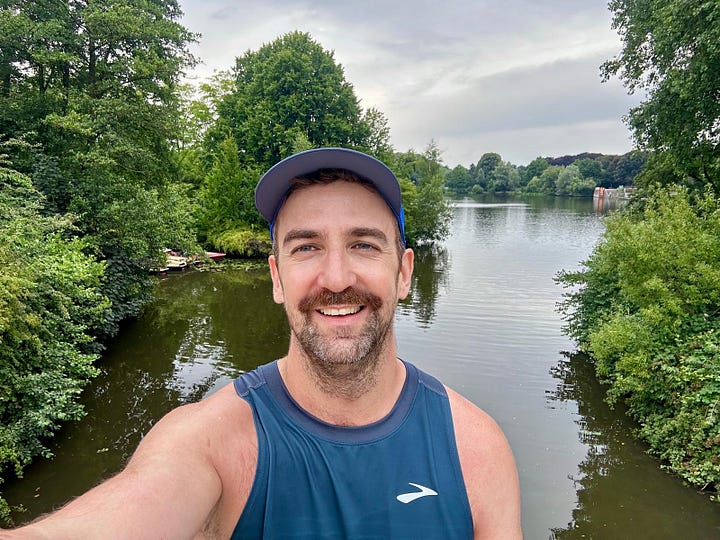
Most people don't notice these changes in the moment, but alcohol quietly steals our natural vibrancy. Instead of making us more appealing, it actually takes away from our looks. Healthy skin and lively eyes are what really draw others in and give us confidence. Alcohol dehydrates the skin, leaving it dull and dry. That dryness can even speed up the formation of wrinkles.
When someone quits drinking, their body begins to heal in visible ways. Skin regains moisture and color. Eyes become brighter.
Quick favor: If this resonates with you, I’d be grateful if you subscribed to Running Home. I share more stories like this about growth, awareness, and the messy journey back to yourself. It’s free, and it helps me keep writing honestly. Thank you. — David
Fewer accidents
Have you ever tried to ride a bike when you were drunk? I did only once in my life. On a Wednesday, I wanted to have a beer with one of my drinking buddies and we ended up having five beers and one tequila shot. Then I tried to ride home. I was present in my mind but my body didn't cooperate at all. I sat on my bike and shook like a ninety-year-old man in a freezer. I couldn't hold the handlebars straight and decided to walk home pushing my bike. That wasn't easy either.
Fortunately, I haven't had any accidents while being drunk, but the statistics show that alcohol dramatically increases accident rates and fatalities. Every day, about 34 people in the United States die in drunk-driving crashes, which equals one person every 42 minutes. In 2023, 12,429 people died in alcohol-impaired driving crashes. The risk multiplies rapidly with blood alcohol level: drivers with a BAC of 0.08 are 4 times more likely to crash than sober drivers, while those at 0.15 BAC are at least 12 times more likely to crash. About 30% of all traffic crash fatalities involve drunk drivers. Even small amounts affect driving ability, with 2,117 people killed in 2023 in crashes where drivers had BACs between 0.01 to 0.07.
The facts speak for themselves. You will lower the risk of accidents where you or other people could be involved.
Reference:
National Highway Traffic Safety Administration (NHTSA) - Drunk Driving Statistics, 2024.
Longer life expectancy
Hopefully you've developed a better understanding of the advantages of not drinking alcohol that lead to a longer life. If we simply add up all the positive effects I described above, it's unquestionable that a sober life reduces early mortality. But just because I like the facts that smart people have collected during various studies, I want to support my statement with research as well.
Recent high-quality studies challenge the long-held belief that moderate alcohol consumption extends life. A 2024 analysis of 107 observational studies with over 4.8 million participants and 425,564 deaths found that higher-quality research shows no longevity benefits from moderate drinking. When studies properly separated former drinkers from lifelong abstainers and followed participants from younger ages, low-volume drinkers had similar mortality risks as non-drinkers. Earlier studies suggesting benefits were flawed because they included former drinkers (who often quit due to health problems) in the abstainer group, making moderate drinkers appear healthier by comparison. The World Health Organization now states that no level of alcohol consumption is completely safe, and even low-risk drinking increases cancer-related death risk, especially in older adults.
Reference:
Alcohol and longevity: Moderate drinking brings no benefits - Medical News Today, 2024.
Mental & Emotional Wellbeing
Mental clarity
Many of us have heard about brain "fog" - cloudiness, slow thinking and poor focus describe that fog best. When I was drinking regularly, I didn't realize how much mental energy alcohol was stealing from me. It wasn't just the obvious hangover days - it was the subtle cognitive drain that happened even when I wasn't actively drunk or hungover. Simple decisions required way more mental effort than they should have. I'd sit in meetings struggling to follow complex discussions, constantly asking people to repeat things.
The change isn't immediate - it happens gradually over weeks and months. Don't expect the first day of quitting to give you the clear mind that Buddha had. First, you notice you can concentrate on tasks for longer periods without your mind wandering. Then you realize you're grasping complex concepts more quickly. Reading transformed completely for me. Before, I'd read the same paragraph three times and still not retain the information. Now I can dive deep into complex topics and actually remember what I've learned days later.
More emotional stability
Here's where mental clarity connects to emotional balance. When your mind is clearer, you can actually process your feelings instead of being overwhelmed by them. I could cry when I was hungover because for no reason I felt depressed. My anxiety was more intense than ever. Guilt, shame, regret and self-blame shaped my day.
I used to think that alcohol calmed me down, but it actually makes us more anxious. When I was happy, I became euphoric by drinking alcohol, and my anger turned into rage. It's an amplifier for our emotions. The rollercoaster pushed me into a negative spiral. I often drank again when I was hungover to ease those negative feelings. How stupid is that? I was treating hangovers with alcohol, just like my father did.
Quitting alcohol made my inner world steady. I don't have those emotional ups and downs anymore. I feel well-balanced and all my emotions are in normal ranges. The constant emotional chaos smoothed out, and I stopped having those random days where I felt inexplicably depressed or anxious for no reason.
Improved self-esteem
Emotional stability naturally leads to better self-esteem. When you're not constantly on an emotional rollercoaster, you can start rebuilding your relationship with yourself. On Sundays with my usual hangover I often felt ashamed, as I mentioned above. I wasted a weekend again and guilt arose in me for being unproductive. On these days, sometimes my strategy was cleaning up my apartment just to feel productive and useful. It was a negative cycle.
Skipping gym sessions and meetings with friends weren't uncommon because sometimes I thought I would throw up if I left the house. All these broken promises to myself lowered my self-esteem drastically.
Being sober helped me come back to the right path. If I say that I'll go to the gym, then I really go. If I have a meeting with a friend, then I show up fresh and full of energy. All these small commitments to myself strengthen the feeling that I can trust myself. When you stop drinking alcohol, you can build self-trust and regain the confidence you might have lost due to alcohol.
Increased confidence
Self-esteem and confidence work together, but they're different. Self-esteem is how you feel about yourself privately. Confidence is how you show up in the world. Social events without alcohol were unimaginable for me. I didn't have the confidence to network with people without having a drink in my hand. Most of the time I had already drunk something before the event just to be relaxed enough. My mindset was that I needed a drink when I was in company. Alcohol became a crutch for these situations, which gave me the impression that without it, I wasn't able to show up.
Then I stopped drinking and had to meet people without alcohol in my blood. That surprisingly showed me that I'm actually able to do that. Relying on alcohol gives you a false sense of confidence. You stop training your social muscles - how to handle difficult situations or even be funny. Everything comes from alcohol, and you know that deep down, which also kills your confidence the next day. Being funny while you're sober or handling difficult emotional situations gives you the space to learn and grow, which leads to real confidence in the long term.
Physical Performance & Energy
Better sleep
I've never been good at sleep due to anxiety developed in my childhood. Alcohol often helped me fall asleep when I had a busy mind, but it destroyed the quality of my sleep. Waking up felt like I had slept four hours and a demanding day was ahead. Alcohol woke me many times during the night with dry mouth and a heavy head.
When I quit alcohol, my sleep improved radically. Not after one day, but after weeks and months without alcohol, my body developed new sleeping quality. I don't wake up during the night, I don't have that dry mouth where I have to drink water and then go to the toilet. There's no vicious cycle anymore. Including meditation and a lot of sport also helped me clear my mind before going to bed. And the next day is full of energy.
Research confirms exactly what I experienced. A 2025 NCANDA study found that alcohol use was associated with delays in sleep start and end time, reduced sleep duration and efficiency, and increased wake after sleep onset. The research tracked 55 healthy young adults over 28 days using objective Fitbit measurements and found that increases in sleep heart rate were associated with prior-day alcohol use.
Reference:
Improved energy
More energy is a natural result of having better sleep. On Friday evening, after work, after gym I'm still vital. That was the moment I realized how much quitting alcohol helped. There are no days anymore where I try to survive with coffee or energy drinks. I don't even drink coffee anymore. I don't have the energy crashes during the day.
This isn't something you'll feel immediately when you quit alcohol, but after a couple of weeks or months, the accumulated energy you save every day and every night - not trying to compensate for the damages caused by alcohol - will give you an energy boost in the long term.
The science behind this is fascinating. Alcohol significantly impacts energy levels through multiple mechanisms. Several hours after drinking, alcohol raises the body's level of epinephrine, a stress hormone that increases heart rate and stimulates the body, resulting in nighttime awakenings. Harvard Medical School reports that alcohol may account for 10% of cases of persistent insomnia. Additionally, alcohol's sedative quality robs you of energy by making you feel drowsy or lethargic during the day, especially after poor sleep. This creates a cycle of chronic fatigue and reduced daytime energy levels.
Reference:
Fat loss
Alcohol contains high amounts of calories and sugar, depending on what you drink. After I quit drinking, people at the gym started noticing that I looked different. They said I appeared more shredded. Indeed, I had dropped from 95kg to 85kg. It's important to mention that I also run many kilometers weekly and maintain a strict, healthy diet. Realistically, cutting alcohol helped me lose 3-4kg over the past year, while the remaining weight loss came from exercise and diet.
The problem with alcohol goes beyond just the empty calories in drinks. Drinking also makes you incredibly hungry. I remember countless times coming home like a ravenous monster, craving food after consuming large amounts of alcohol, only to go straight to bed afterward.
Another significant factor in my fat loss has been improved sleep quality. When you sleep well, you don't experience that energy deficit. Your basic needs are satisfied, and you don't feel the constant urge to eat. It creates a positive chain reaction. I used to eat pizza for lunch on hangover days, then lie motionless on the couch, barely surviving until the hangover passed.
The numbers tell the whole story. Alcohol contains 7 calories per gram, making it nearly twice as calorie-dense as protein or carbohydrates which contain 4 calories per gram each. A standard drink provides around 100 to 150 calories of "empty calories" without essential nutrients. Regular consumption can quickly add 300-600+ extra calories daily, which would require approximately 30-60 minutes of running to burn off. Beyond the caloric content, alcohol inhibits dietary fat oxidation and stimulates food intake. A 2021 comprehensive review found that food energy intake was significantly greater in the alcohol condition compared to non-alcoholic beverages, creating a double impact on weight gain through both direct calories and increased food consumption.
References:
Higher productivity and focus
I used to struggle with brain fog, especially on Mondays after weekend drinking. I'd sit at my desk feeling mentally sluggish, taking twice as long to complete tasks that should have been simple. My attention would drift constantly, and I'd find myself re-reading the same email three times just to understand it. In meetings I didn't concentrate but waited for the end and hoped nobody would want something from me.
Skipping sport, postponing things I always wanted to get done like sorting out my closet, starting that immigration task, requesting a new passport - all of this was part of my life. And not doing these things I actually wanted to do made me feel useless. I hated the feeling, but the "fog" and lack of energy were always stronger than me.
Now I don't face these problems anymore. My mind is clear from the first hour until the last one. In meetings I'm engaged and don't count down to the end of the session. Sometimes I work in the evening or early morning and it's not a problem at all. My mind has a steady state without having those lows and highs.
In the last 365 days I was more productive than ever. I could get done many administrative tasks, I successfully passed the naturalization test, I ran two marathons, cleaned up my apartment and storage room, planned vacations, attended three world-class concerts and much more. And all these things contribute to my confidence and the feeling of having a great, exciting life. When I drank alcohol, I had some fun nights but I was never as satisfied as I am now.
Lifestyle & Social Benefits
More quality time
You might think that you miss out on fun and novelty when you quit drinking, but it's a delusion. As a result of more energy and better sleep, you have more time awake. In this case, awake means that you're fit, productive and cognitively sharp. You can have great conversations with your friends and loved ones, you can spend more quality time with your dog or cat and most importantly with yourself.
Since I've been sober, my weekends feel like a week. I do sport, read, write, spend time outdoors, eat healthy, watch my shows and also have time for friends. The quality of my sessions in the gym is high and that boosts my confidence as well. A few years ago, my Saturday was nothing more than surviving with the guilt that I didn't do anything, again. You'll be surprised how many extra hours you have if you don't have to deal with the negative consequences of alcohol.
Better relationships
I only have to think about my parents where my father was an alcoholic. They fought day and night just because he was drinking. I also had conflicts in my earlier romantic relationships because I felt jealous or talked nonsense. When I went out to party, I ended up in weird situations, almost in fights with strangers because I couldn't shut up.
Today, I have peace in my life. I have better and deeper relationships instead of drinking buddies. I don't have conflicts with others while being drunk. Obviously, you can have conflicts with others when you're sober too, but the probability is higher when you're drunk and you tend to be confrontational.
More money in your pocket
My friends and I often joked about calculating the money we've spent on alcohol in our lives. Honestly, I don't want to know that figure. I've been drinking for 25 years and with age, the money I spent on high-class drinks like single malt scotches, champagne, high quality tequilas and cocktails increased. Going to eat in a restaurant with a girlfriend usually included at least one bottle of good red wine and a starter champagne that boosted the bill to $120-140. Today, I can live almost 10 days on $120 having breakfast, lunch and dinner.
Having more money in your pocket can be used in many different ways. You can save and invest that money for your future or you can improve the quality of your life by buying high quality fruits, vegetables and fish instead.
There are many other things that can give you the pleasure I used to get from alcohol. The financial freedom alone makes sobriety feel like a raise you give yourself every month.
No hangovers
I saved the best benefit for last. No hangovers. That was what drove me to quit alcohol. From the age of thirty-two, the days after drinking became harder and longer. The first day of suffering was physical pain. My stomach was bad, headaches, sensitivity to light, nausea. Everyone who has ever drunk too much knows these problems. The day becomes about survival - dark room, pizza, coke and preferably not moving at all.
Then came the second day where I had more mental suffering, usually on Monday at work. I hated people, I didn't want to talk and prayed for the day to be finished. I didn't have weekends and then I needed to work again.
After I quit alcohol and didn't have to suffer from hangovers, it feels like having a life of much higher quality. I get up on Saturday and Sunday fresh. I'm full of energy, ready to do sport, tidy up my apartment, spend time outside. I'm able to do creative work, I can meet friends and on Monday I have the feeling of having a great weekend behind me. I simply have more time to live and enjoy and it's one of the best benefits of quitting alcohol.
Conclusion
There's no guarantee that you'll experience all of the benefits I mentioned above if you decide to quit alcohol. It depends on your drinking habits - how much, how often and what you drink. But think about it: Even if you get 50% of the positive effects and 25% of them are invisible (because you can't sense the reduction of cancer risk), your life will be much better than before.
The real flex of our time isn't having a bunch of money but being healthy, vital and full of energy even at a higher age. The consequences of drinking won't cut you off from your loved ones too early and you can be there for them, enjoying a high quality life.
In my next article I'm going to explain the steps that helped me give up drinking after 25 years. Believe me, I was one of those people who never would have thought about this step and now I'm the one promoting the sober lifestyle. This simply means that you can do it too!
Thanks for sticking with me through this one. If you’re going through something similar, or have your own experience with this, drop a comment. I read every one. — David
Read More:


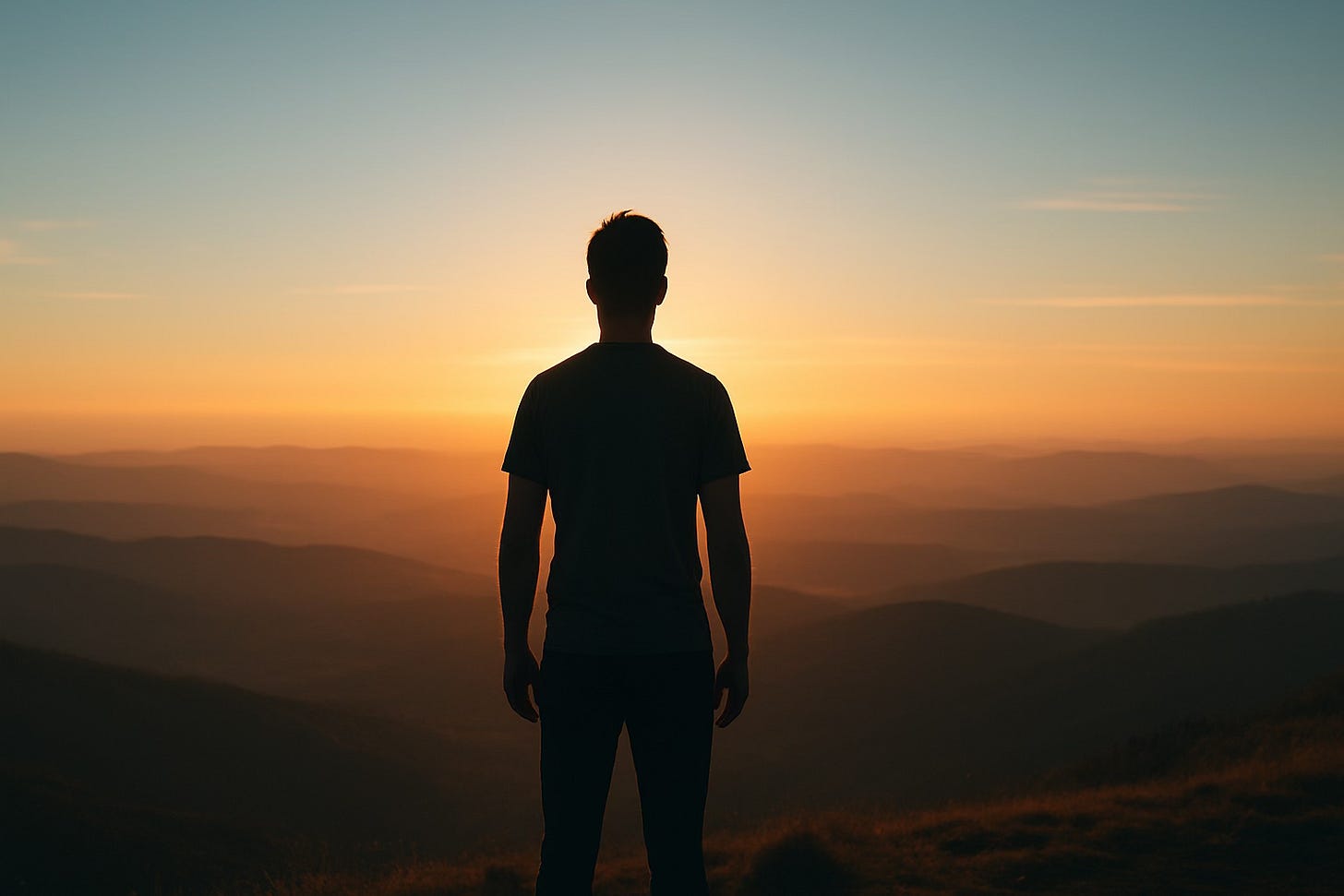
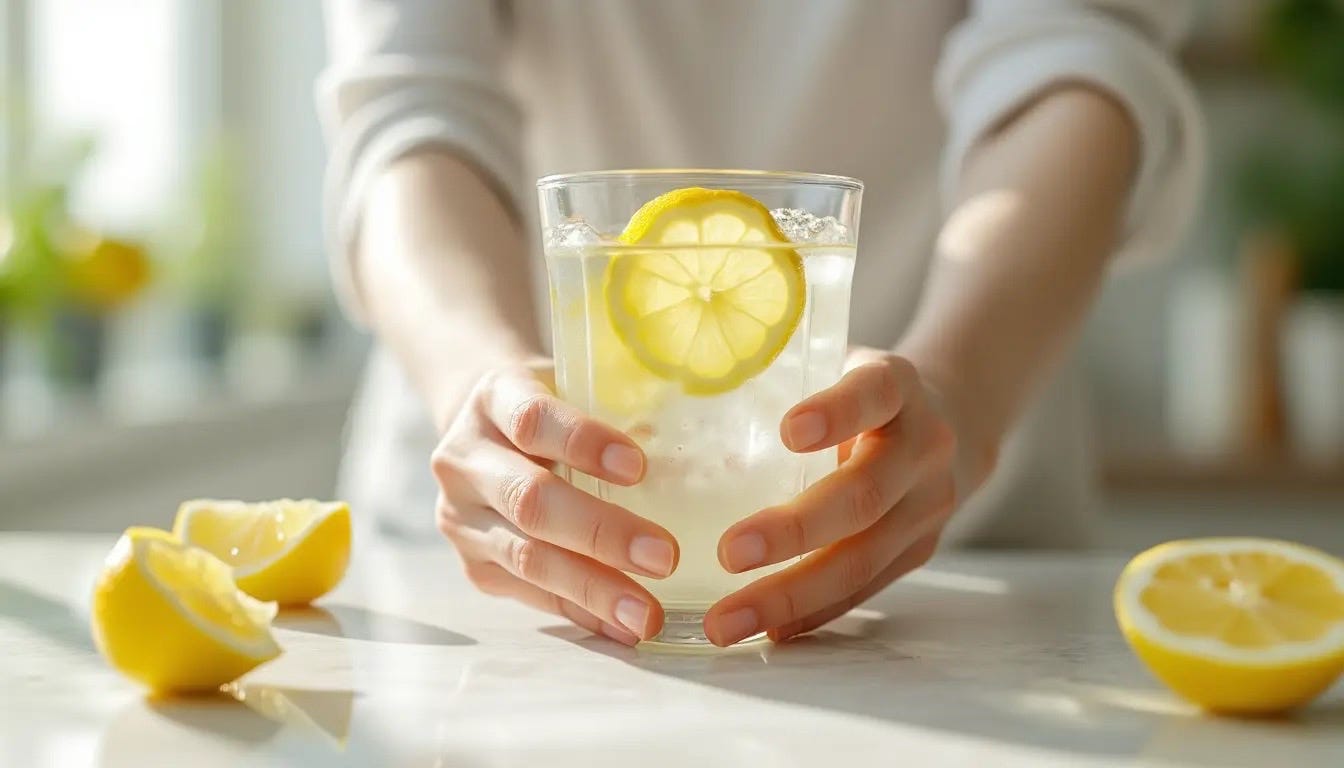
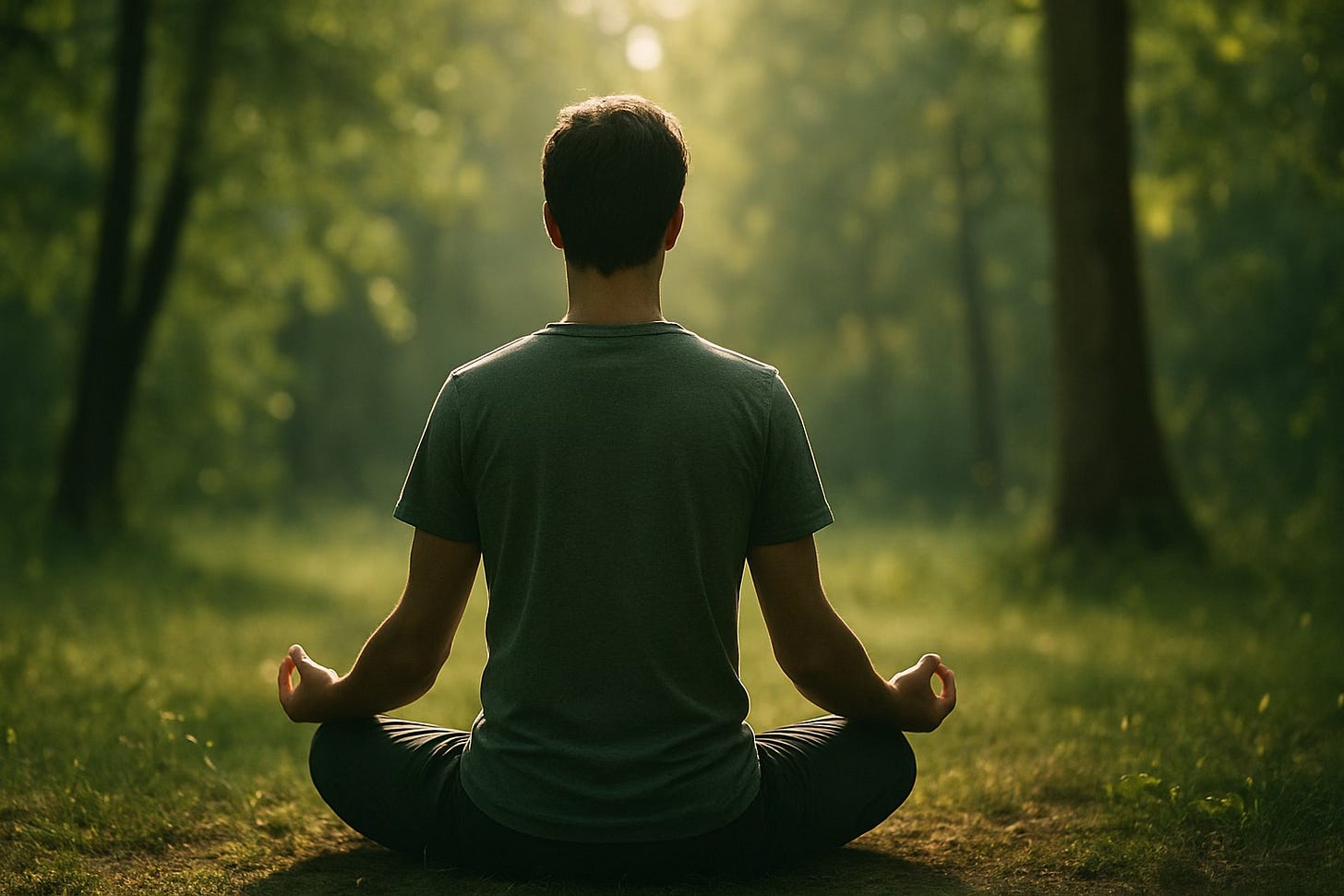
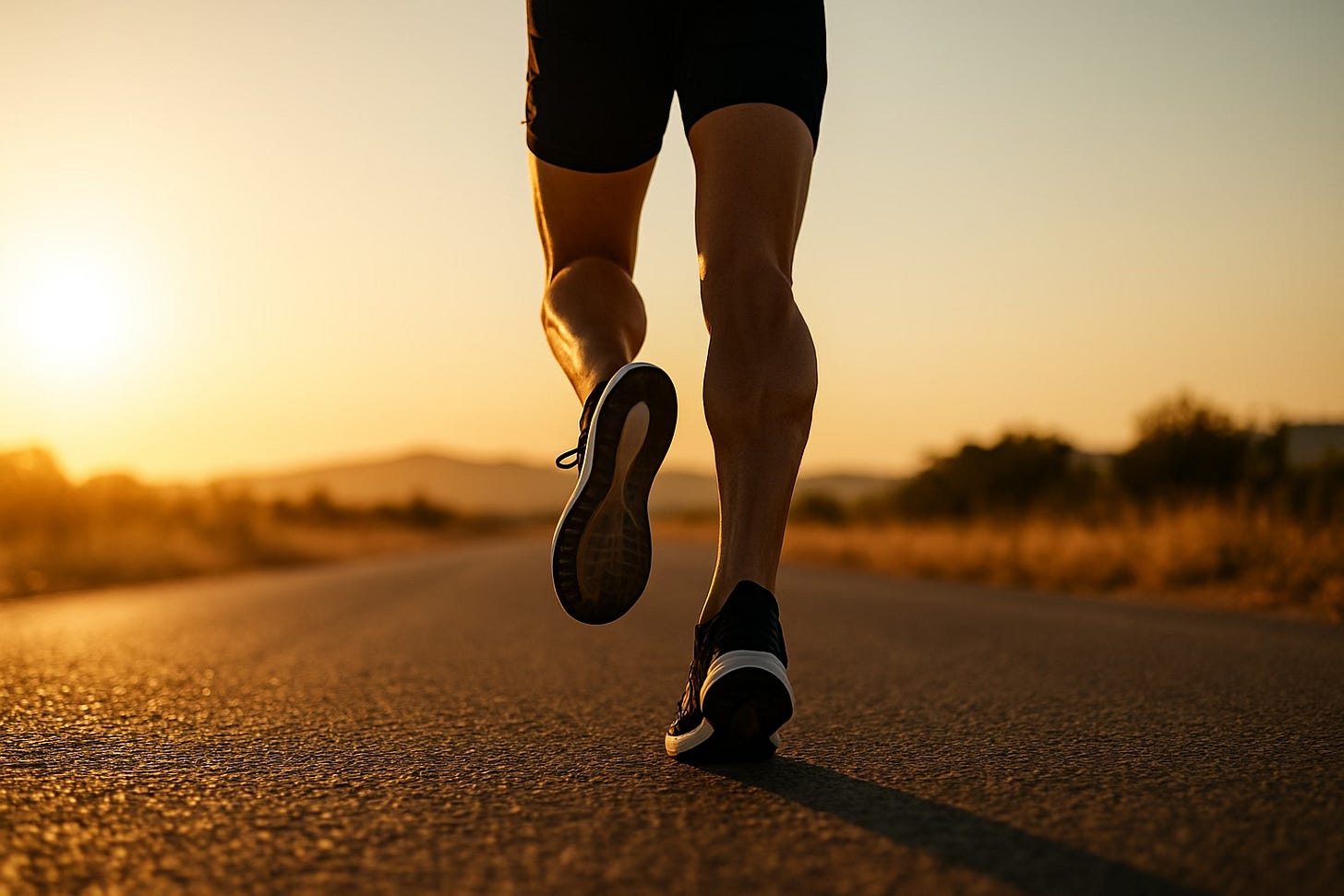

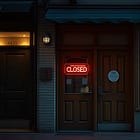
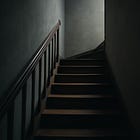

I don’t drink much (probably all drinkers say that!) but my sleep is always of poor quality if I drank that evening.
Another point about heartburn (from alcohol or otherwise) is that it can lead to oesophageal cancer - only a very small percentage of heartburn sufferers will end up with cancer but it’s a risk factor.
Thank you for writing this piece. It will help someone.